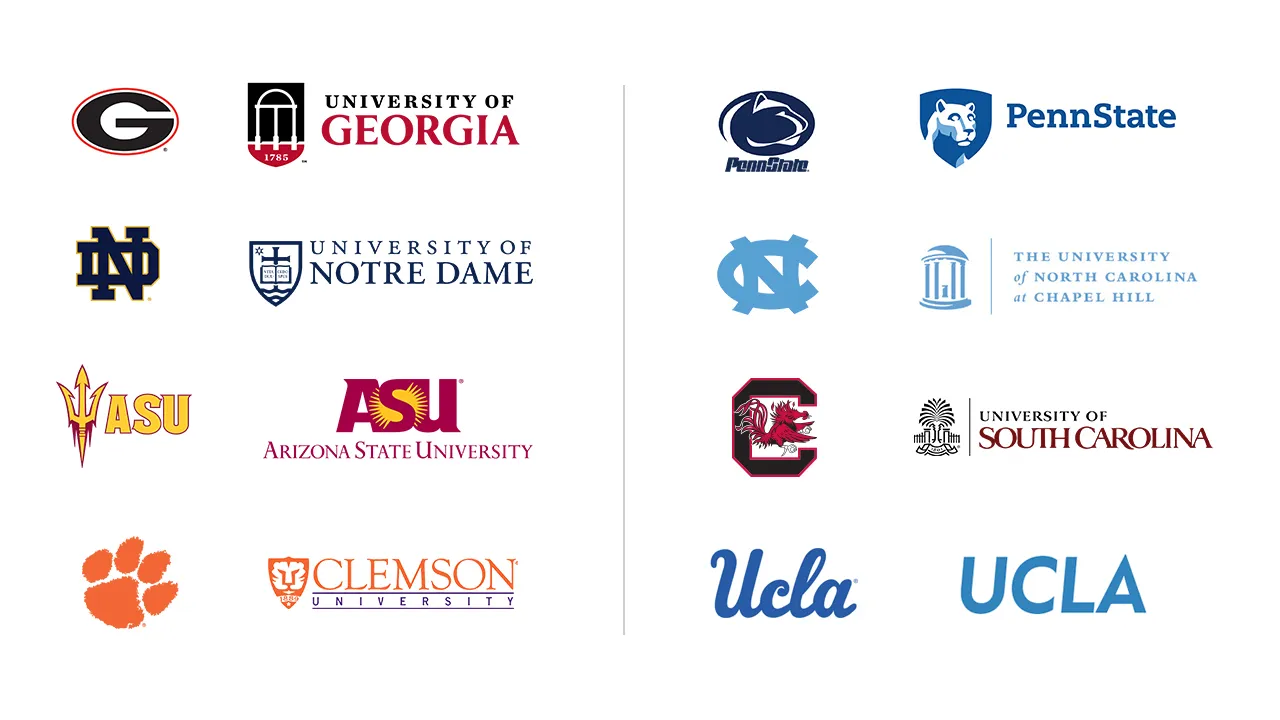Why Study in the USA?
The USA is a global leader in education, attracting students worldwide with its:
Renowned Universities:
Home to some of the world's most prestigious universities (Harvard, MIT, Stanford), offering unparalleled academic rigor and reputation.
Diverse Range of Courses:
Explore a vast array of programs across various fields, from cutting-edge technology to established disciplines like business and law.
Career Opportunities:
Gain valuable skills and knowledge sought after by top employers worldwide, opening doors to exciting careers.


Career Opportunities After Studying in the USA
A US degree equips you with:
In-Demand Skills:
Develop expertise in fields like engineering, computer science, finance, or healthcare, positioning you for success in the global job market.
Practical Experience:
Many programs offer internships or co-op opportunities, allowing you to gain real-world experience alongside your studies.
Networking Opportunities:
Build connections with professors, industry professionals, and fellow students, creating a valuable professional network.
Enhanced Employability:
A US degree is recognized and respected by employers worldwide, giving you a competitive edge in the job market.
Benefits of Studying in the USA:
Advanced Teaching Methods:
Experience innovative teaching approaches that promote critical thinking, problem-solving, and independent learning.
World-Class Facilities:
Utilize cutting-edge research labs, libraries, and technological resources to support your academic pursuits.
Personal and Professional Growth:
Develop your communication skills, cultural understanding, and leadership abilities within a diverse learning environment.
Opportunity for Research:
Participate in groundbreaking research projects alongside leading academics, contributing to advancements in your field.


The USA Advantage: A Diverse Range of Courses for International Students
The USA offers an incredible variety of programs to suit your interests and career goals. Here are just a few popular fields:
Business and Management:
Gain expertise in areas like finance, marketing, international business, and entrepreneurship.
Engineering and Technology:
Develop cutting-edge skills in computer science, electrical engineering, mechanical engineering, and more.
Science and Healthcare:
Pursue programs in biology, chemistry, medicine, nursing, and public health.
Arts and Humanities:
Explore creative fields like literature, history, music, film, and visual arts.
Top Universities in the USA
Consider these prestigious institutions when building your application list:
- Harvard University
- Massachusetts Institute of Technology (MIT)
- Stanford University
- University of California, Berkeley (UC Berkeley)
- University of Chicago
- Columbia University
- Yale University
- Princeton University
- Duke University
- University of Pennsylvania
- Law
Top Courses in the USA
Here are some of the most sought-after programs for international students:
- Computer Science
- Business Administration (MBA)
- Data Science
- Finance
- Marketing
- Artificial Intelligence
- Mechanical Engineering
- Electrical Engineering
- Healthcare Administration
- Law

FAQ's
-
1 How do I study in the USA?The U.S. offers a dynamic study abroad experience. Here's a roadmap: 1. Research and Choose: Explore the variety of institutions (universities, colleges) and programs available in the USA. Find one that aligns with your academic goals and interests. 2. Meet Admission Requirements: Each program has specific requirements. Research and ensure you meet them, including transcripts, standardized tests (like SAT/ACT), and English language proficiency exams (like TOEFL/IELTS).
-
2 Can I study in the USA without TOEFL/IELTS?While TOEFL or IELTS are common requirements, some institutions might accept alternative English proficiency tests or offer waivers based on specific criteria. Always check the specific language requirements directly on the university or college website.
-
3 How much does it cost to study in the USA?The cost of studying in the USA varies depending on the institution type (public vs. private), program (undergraduate vs. graduate), and location. Here's a ballpark figure: • Tuition: USD$7,000 - USD$50,000+ per year (on average, with private institutions generally costing more) • Living Expenses: USD$10,000 - USD$25,000+ annually (depending on location and lifestyle)
-
4 Can I get financial aid to study in the USA?Yes, many U.S. institutions offer financial aid to international students in the form of scholarships, grants, and work-study programs. Explore options directly with your chosen universities and colleges, and research external scholarship opportunities.
-
5 What can I study in the USA after high school?The U.S. offers a vast array of programs for international students after high school. You can pursue undergraduate degrees (Bachelor's) and postgraduate degrees (Master's, Ph.D.) in diverse fields, including:• Engineering • Business Administration • Computer Science • Social Sciences and Humanities • Arts and Creative Fields
-
6 What programs lead to good job opportunities in the USA?If your goal is to work in the U.S. after graduation, consider programs in high-demand fields like: • Science, Technology, Engineering, and Mathematics (STEM) fields (e.g., Computer Science, Engineering) • Business Administration • Healthcare (Nursing, Medicine, etc.) • Data Science and Analytics
-
7 What are the visa requirements for international students?The specific visa requirements will depend on your program length and type. Research F-1 student visas for academic programs.
-
8 What are the visa requirements for international students?The specific visa requirements will depend on your program length and type. Research F-1 student visas for academic programs.
-
9 What is the cost of studying in the USA?Costs vary depending on the university, location, and program. Conduct research on specific universities to get a better idea.
-
10 Do I need to take any English language tests?Most universities require international students to demonstrate English proficiency through tests like TOEFL or IELTS.
-
11 Can I work while studying in the USA?F-1 student visas allow part-time on-campus work and limited off-campus work opportunities under certain circumstances.

